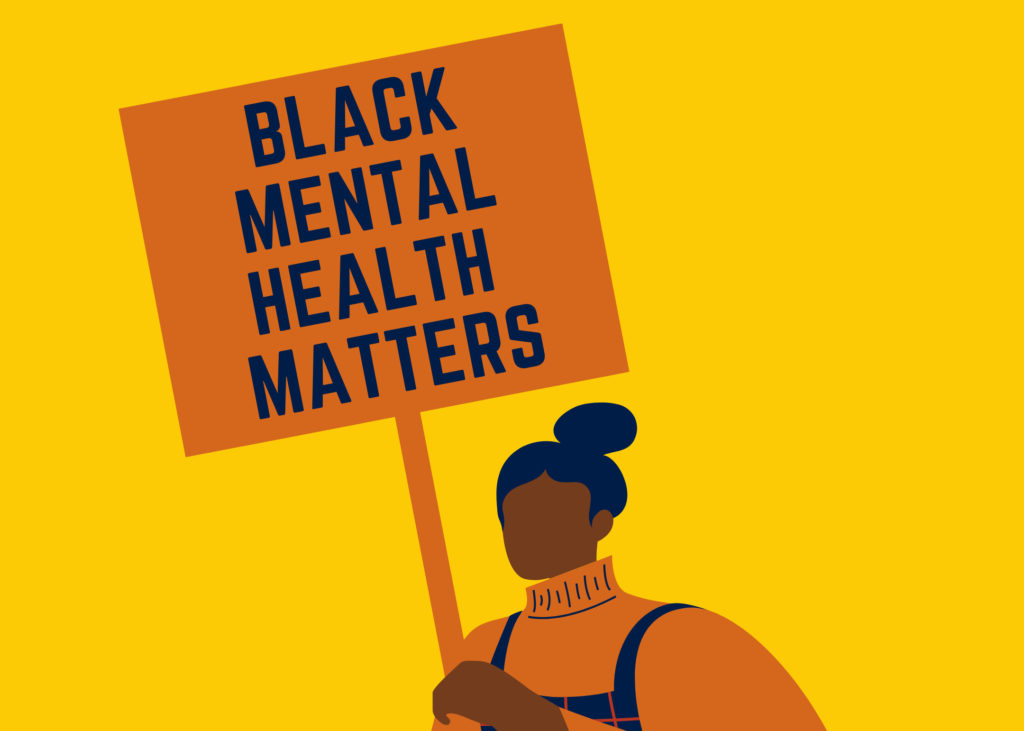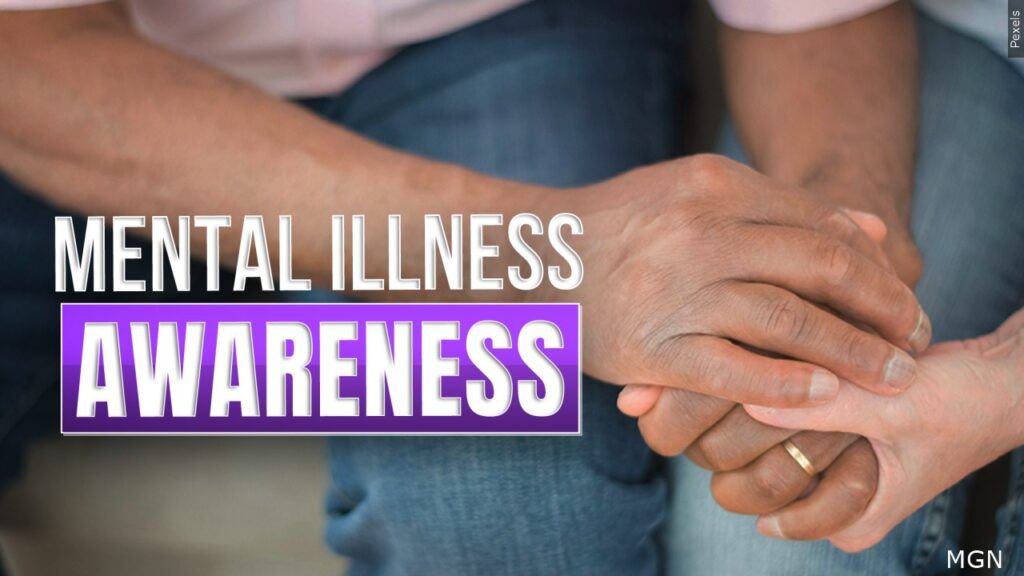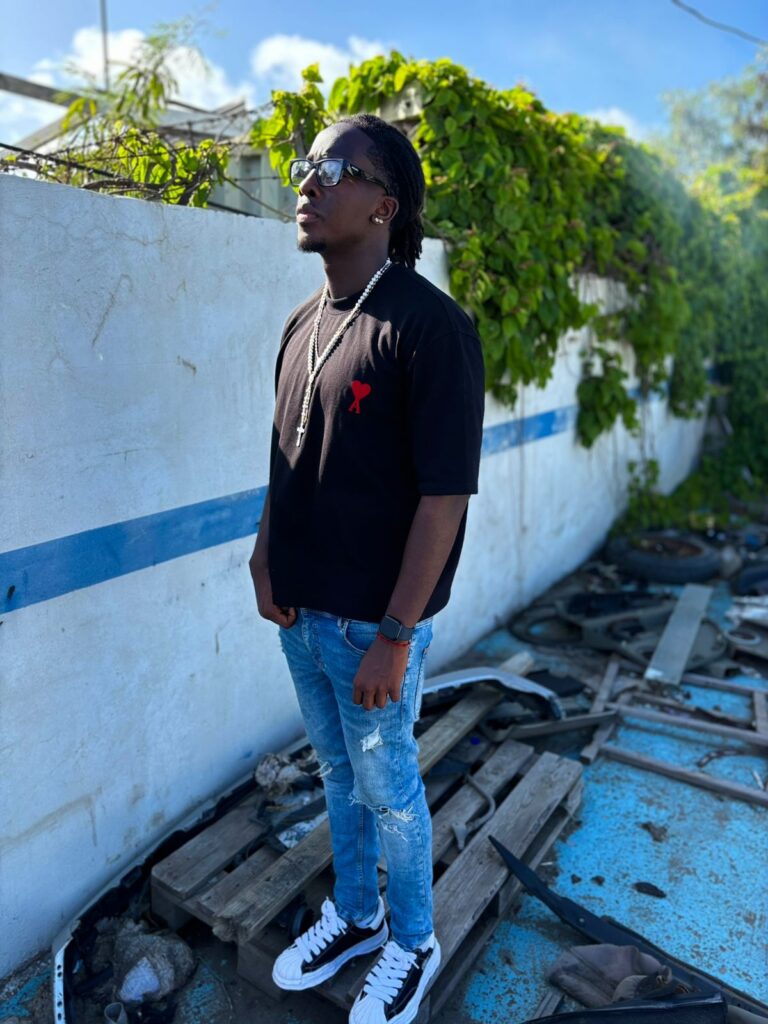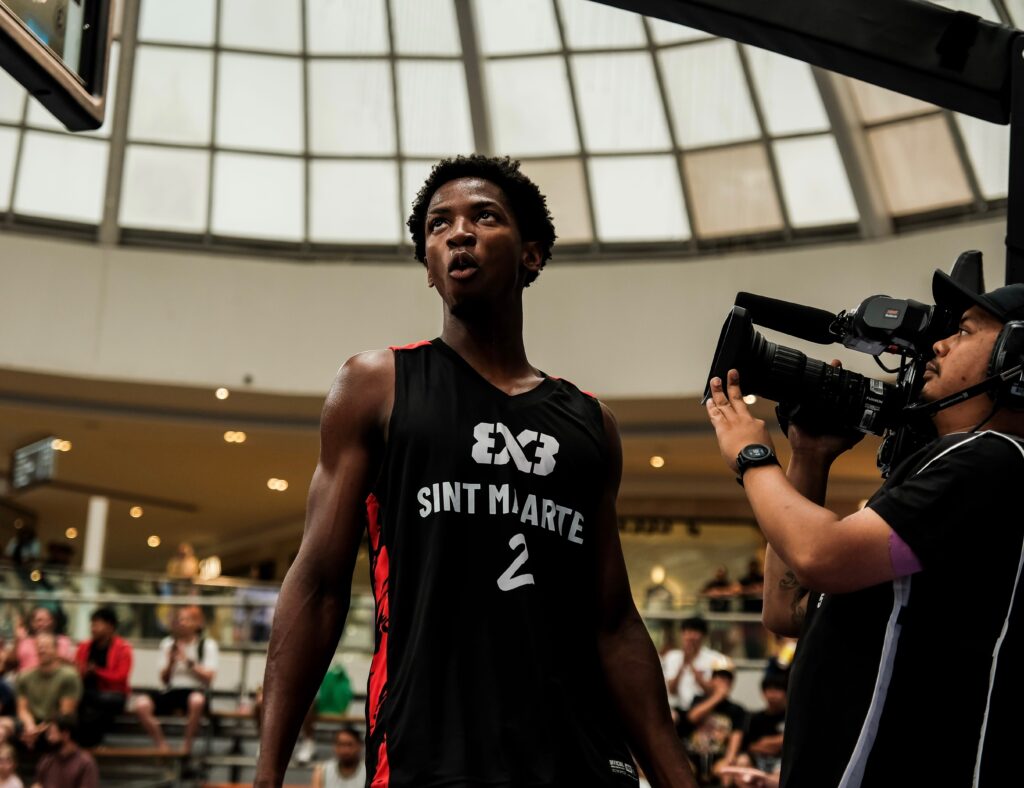“It takes a village to raise a child” is a popular African proverb amongst the Black community. But what happens when that village does not invest in mind wellness? Discussing mental health issues like suicide is taboo in the Black community. Reports have proven that Black people are 20% more likely to report serious psychological distress than white people, with an estimated one-third getting the necessary help. After generations of mistreatment within the healthcare industry, African Americans are often reluctant to receive care, leading them to perceive mental health issues and suicidal ideation as a weakness. Moreover, intergenerational beliefs that religion is the backbone of the household and is the ultimate solver of all problems leaves younger generations trapped in the cycle.
According to National Health Alliance on Mental Illness, 46% of people who have died from suicide were diagnosed with a mental illness and 90% of people who died from suicide have experienced symptoms of a mental illness condition. In the Black community, it is believed that religion will take away all your problems and that salvation can be found through prayer. The older generation within the community has perpetuated the idea that faith and religious affairs can substitute medical care.
“I do not think the older generation of the African American community takes mental health seriously. It is taboo to them to see someone talk about the things affecting them. You are just supposed to pray about it and let the Lord hear your cries … but, faith without works is dead,” says Malikiya Hayes, a senior at Florida A&M University. Hayes believes that what our parents were taught is forced on us, hence generational values and morals, but it is up to the new generation to evolve those mindsets. She continues, “Our generation is changing the course and is realizing the importance of mental health and is making it normal.”
In the African American community, mental health is not seen as an issue that needs to be solved immediately. Many elders making comments such as “they are going to get over it,” “it is always because of that phone” or “you are not going to make anything” furthers the issue. From systemic racism to generational trauma or even environmental lifestyle, mental health is not taken as seriously. Suicidal thoughts can start as young as six years old in the African American community. With poverty rates being higher in African American communities, this exacerbates the idea that mental health isn’t a priority and access to recognize the traits of suicidal thoughts is limited.
“The process of having suicidal thoughts and mental illness that may include depression/ anxiety tie into together,” says Dr. Lisa Davenport. Davenport believes that race, lifestyle, and family play into suicidal thoughts and how one perceives oneself. Trying to uphold what standards set by parents can also play a role in what someone thinks of themselves if they do not meet them. When suicidal thoughts start, nothing stops them. Multiple ways of doing it are all processed at once and the mind blocks out any positive energy.
Coping mechanisms dealing with suicide include joking and what most people classify as “dark humor.” Scholars have inferred that this is used to make others laugh while intentionally masking the pain or desensitizing what needs to be discussed. When suicidal people see others laughing, they too start to believe that it is not a problem, further pushing them to do the unfixable notion. “Using dark humor usually shows a person’s mind, and you can figure out how they are feeling about certain things,” says Davenport. The problem with dark humor is that the more it is said, the more the brain believes it and causes its reality.
For those who have faced “Sit down, calm down and write down what is bothering you,” says Capt. Sarah Delong, who is also a captain in the Army. Suicide is a growing issue that is starting to get the attention it requires. As more generations come along they are taking into consideration what mental health is and how to improve it.













